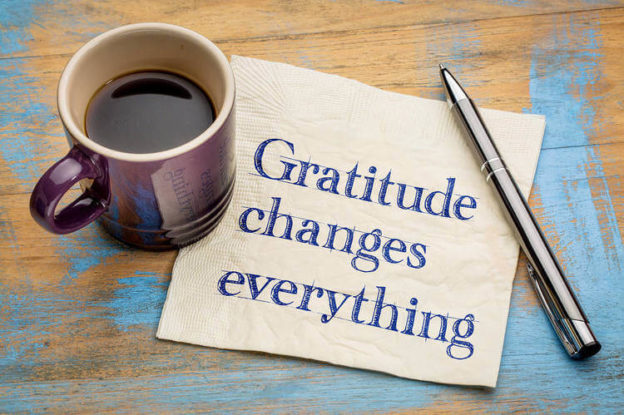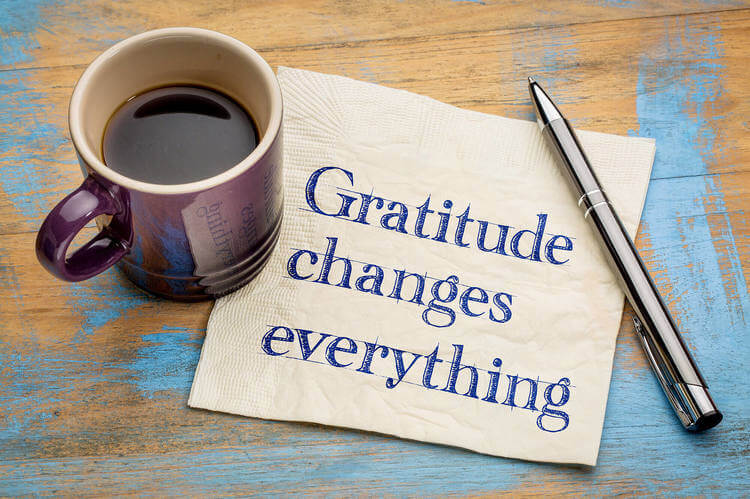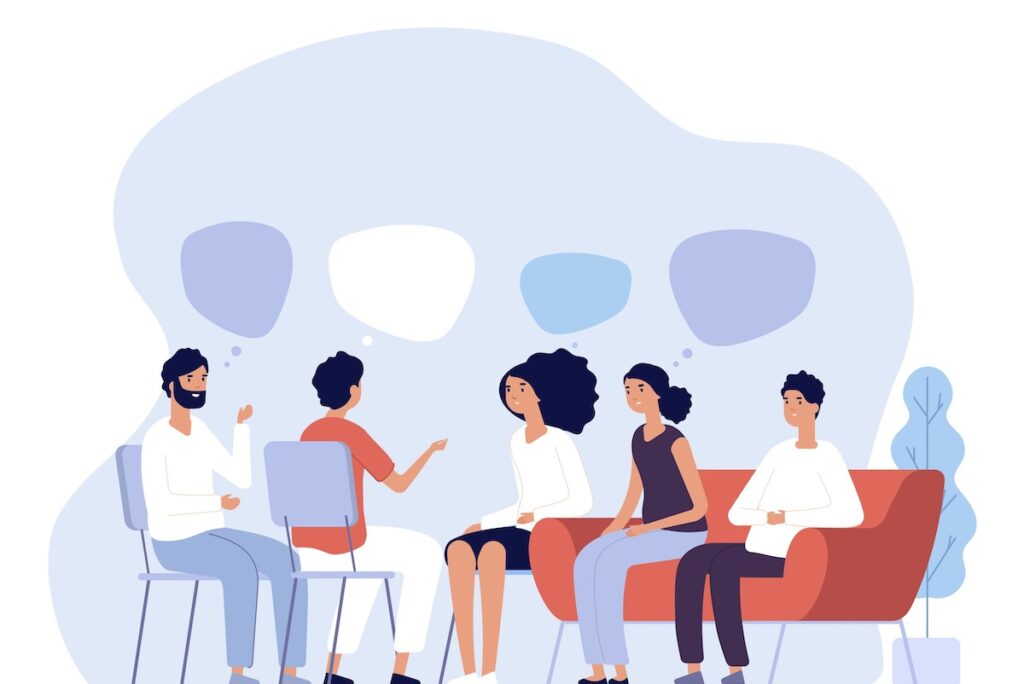Many factors contribute to a person’s likelihood of developing an addiction to drugs and/or alcohol. Scientists have debated whether substance use disorders are born of nature or nurture, or a combination of both. Presently, there is widespread acceptance of the latter, with most research pointing to addiction as the result of genetics and the environment. Consequently, a family history of addiction has proven to be one of the highest risk factors for addiction.
From a research perspective, it would be naïve to deny the association between our family history of alcoholism or drug abuse and our own patterns. Various research groups have studied twins to examine how much of our risk for alcoholism can be attributed to our genes compared to our environment. According to Psychology Today, it’s been estimated that approximately 40 to 60 percent of the risk for developing an Alcohol Use Disorder can be accounted for by genetic factors. It may even be as high as 60 to 80 percent for other substances, such as nicotine or cocaine.

How Does Family History Play a Role?
Ultimately, family history plays a major role in addiction risk in numerous ways. Of course, genetics is a major factor. However, substance abuse and drug addiction are complex when it comes to genetics.
A tremendous amount of research has recently been completed that has identified countless genes and variations of those genes that can be associated with addiction. For example, one specific gene may impact someone’s ability to metabolize alcohol, impacting how it impacts the nervous system. Another gene may impact how nerve cells signal one another when they are exposed to addictive substances. Because these genes can be passed down from one generation to the next, this may be one example of how family history plays a role in addiction.
Family History – Avoiding Addiction
Many people with family members who have struggled with substance abuse never develop a problem. Although there’s no guarantee that you won’t develop an addiction, the good news is that there are steps you can take to prevent it if you have a family history of substance abuse.
Find Out More About Your Family History
You may have heard about addiction in your family. Maybe you even have first-hand experience of someone in your family who has an addiction. However, it can be helpful to find out even more about your family history. When there’s a history of alcoholism in the family, it may be more difficult for someone to drink moderately or even know where that line is for their own mind and body. That’s when participating in a support group and getting input from medical professionals can be particularly helpful. And if you’re concerned about your own biological vulnerability to addiction, abstinence is always the best proactive prevention approach.
Stay Aware of Your Consumption
You don’t necessarily need to be sober if you have a family history of addiction. However it’s important to be aware of your consumption habits if you do choose to drink. People with a family history of alcohol abuse are up to 4 times more likely to develop problems with alcohol. Additionally, if you have a parent who has a drug problem, you may be up to 8 times more likely to develop an addiction. Regardless of your choice, try to monitor your use of alcohol and drugs, and reach out for help if you feel that it’s becoming a problem.
Tell Your Doctor About Your Family History of Addiction
It’s a good idea to inform your primary care practitioner if you have a family history of addiction, as this may impact the way they treat different conditions. For example, you may prefer to avoid certain types of medications, such as prescription opioids. Collecting as much information about your family history as possible can help you and your doctor determine the care that’s best for you.
Know the Signs of Addiction
Be aware of the warning signs to support the early detection of a substance use problem. For example, if you feel like you need a drink to relax or cope with stress, that should be a huge red flag. When you find yourself lying about how much you drink or trying to hide your drinking from people, that’s yet another cause for concern. More serious signs include canceling plans or defaulting on obligations because you’d rather stay home and drink. Another serious indication of addiction is the inability to stop drinking once you start, even if you don’t drink very often. Watch out for these signs in yourself and your family. Catching a problem early will save you a lot of trouble down the road.
Find a Support System
Social support is a preventative factor for addiction; staying connected with others may help you avoid substance abuse problems if you have a family history of addiction. One of the best ways to connect with people is to join a 12-step group designed for friends and family of people with addictions. Such as Al-Anon or Nar-Anon. Even when external circumstances don’t allow for participation at in-person meetings, you can still connect with many groups through online platforms.
Reach Out for Help
Clearly, it is important for anyone with a family history of addiction to be very careful around drugs and alcohol. Your genes and your family do not guarantee that you will become an addict, but they make it more likely. It’s like having a handicap that other people don’t have. Maybe your friends can get drunk one day and not pick up another drink for a month, but you may need to be more careful. If you feel that your drinking or drug use is starting to become a problem, it’s a good idea to address it before it becomes a bigger issue.
Consider Therapy Before There is a Problem
Addiction is typically the result of a combination of genes and the environment. There’s nothing you can do about your genes and, unfortunately, you can’t go back in time to change your childhood environment. You can, however, change how that environment affects you presently. Individuals who grew up in a house with addiction are often victims of abuse and/or neglect. Talking to a therapist about these experiences can prove to be quite helpful, even if you aren’t fully aware of any psychological issues they may have caused. Often, people discover that they’ve been living with depression, anxiety, and/or other mental health issues as a result of seeking help for substance use. Accepting support in the form of therapy can save you a lot of pain in the future.
Helping Your Children Understand the Risk of Family History of Addiction
A good time to talk with your child about a family history of addiction is when they enter middle school.
For younger teens, focus on explaining the risk
- Our family history of addiction means that you are more likely to end up with a problem than other kids who don’t have this in their family.
- We don’t know how our family history affects our genes.
- This is why we don’t want you drinking or using other drugs.
For older teens, turn your focus to how family history could impact their use
- Some brains are more hard-wired to have problems with substance use than others, especially in families like ours, where there is a history of addiction.
- You may see friends using substances with seemingly no consequences, while your use could escalate to difficulty stopping or to addiction.
- It takes time to develop addiction. So, while it may seem like you are not different from other kids, addiction has a way of tricking you into think you’re okay, and then it hits you. It’s an especially slippery slope for you because of your genetic make-up. This is why we don’t want you to drink or use other substances.
If your child is adopted, you might not know their biological background. It’s still worth having conversations about genetic risks and taking precautions against using substances.

Family History of Addiction – Harmony Ridge Recovery Center
Addiction is a complicated disease. It has genetic components, but having a gene or a set of genes for addiction does not mean you will become an addict. It isn’t a death sentence or even a life sentence for that matter. But it is scary. Whether you just found out the truth about those skeletons in your family’s closet or you have seen the addiction in your relatives up close, having a family history of addiction can be daunting.
At Harmony Ridge Recovery Center, we believe everyone deserves a life free from the restrictions of drug and alcohol addiction. Thousands of people, like you, have achieved recovery from drug and alcohol addiction with the help of our kind and compassionate team of medical professionals. The first step towards achieving recovery is giving us a call. Our team of admissions professionals are available 24 hours a day, 7 days a week, 365 days a year. Give us a call today! (855) 942-3922














